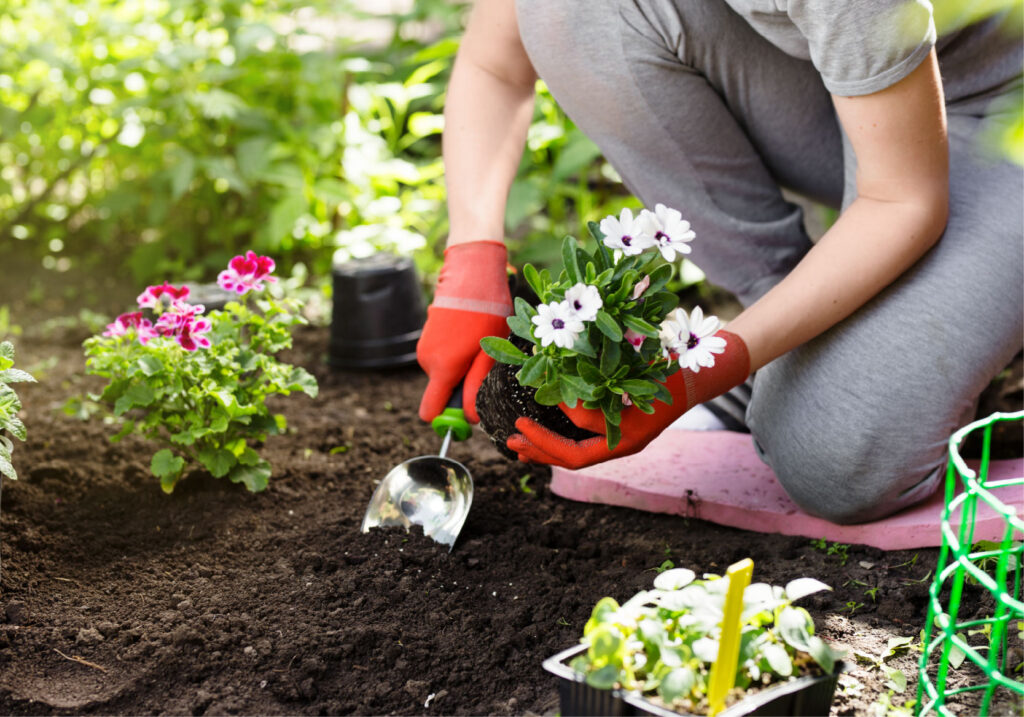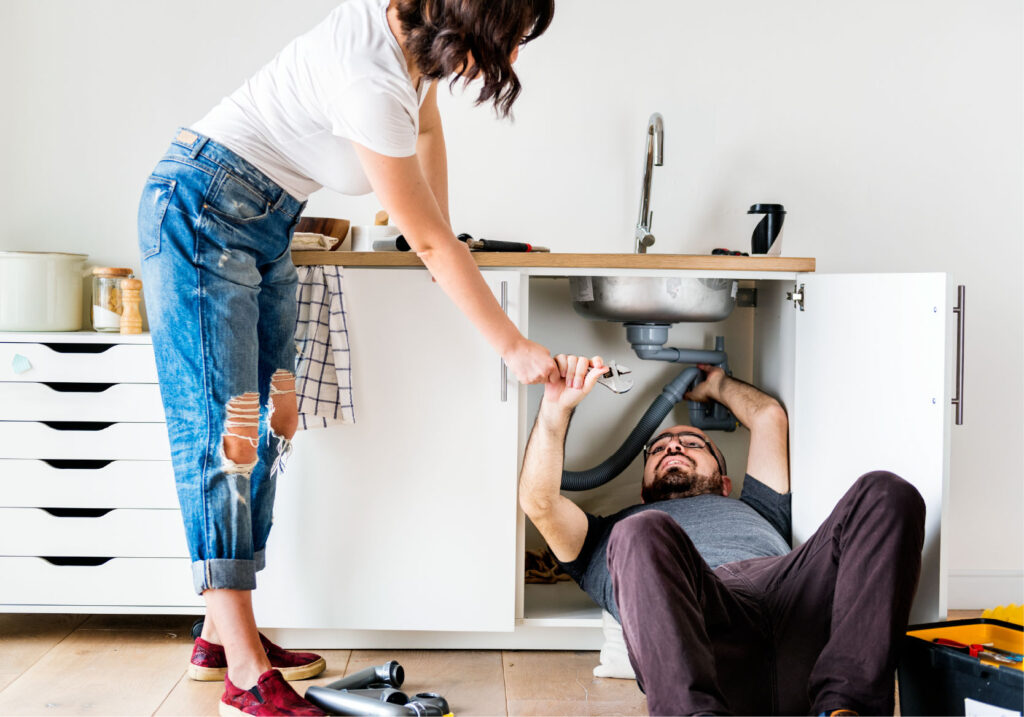The human being is known to have five senses: sight, hearing, taste, touch, and smell. While many might consider sight to be the most important sense for people in their everyday lives, scientists actually recognize smell as the “strongest sense.”
This is because, as writers like Colleen Walsh at the Harvard Gazette acknowledge, smell is the sense that is most linked with emotion and memory. Have you ever smelled a favorite dish and were instantly transported to a memory of your childhood home or a trip to grandma’s house? The phenomena you’re experiencing is your olfactory senses doing what it does best by reaching through your limbic system (with a quick pit-stop by your amygdala and/or hippocampus) and tossing out one of those cozy core memories.
Just as we enjoy these trips down memory lane, smells can also remind us of moments we might rather forget, whether from visiting the home of a frequent smoker, or a friend with a few too many cats. Houses can develop odor for many different reasons, so if you’ve found yours smelling a bit off lately, let’s discuss a few of the more common (and often misdiagnosed) causes.
#1: Take Out the Trash
The first piece of advice we’ll discuss today might be the most obvious one, but garbage stinks! Whether from the kitchen’s standing trash can, from the drain, or the garbage disposal, food residue can emit an odor more quickly than some might realize. Depending what you’re cooking, most households will benefit from taking out the trash daily (whether your garbage bag is full or not).
What many people forget, though, is that spills and leaks are extremely common and many go unnoticed by homeowners. A regular routine of cleaning out any receptacles that house food is important when it comes to keeping odor at bay. When it comes to drains and garbage disposals, a mixture of baking soda and vinegar can do the trick.
#2: Air Out New Furniture
Although this tip may be more well-known today, many homeowners are still frequently caught off guard by the strange chemical smells that can sometimes fill their homes after purchasing new furniture. During a process most commonly known as “off-gassing,” new furniture can offload volatile organic compounds (VOCs) into houses that may persist long after they have fully aired out. VOCs are not only unpleasant to smell, they can also have adverse health effects such as headaches and respiratory illnesses.
The best solution for airing out new furniture is best stated by building biologist Corinne Segura via realtor.com: heat, air, and time. Allowing a new piece of furniture to off-gas in a space that is well ventilated is certainly the easiest and simplest strategy, but purchasing used, vintage, or solid wood furniture is also a wise route to pursue.
#3: Manage Sources of Moisture
We’ve said it plenty of times before, but the top concern and source of problems for every building is water. As we talk about unwanted smells in the home, unregulated water usage once again rears its head with musty odor developing anywhere that moisture accumulates. To name some of the many places where mold can be found , here are just a few examples:
Mold remediation begins with identifying the source of moisture and eliminating any damage causing the leak. Since there are so many possible causes and sources for mold growth, ordering an inspection with a certified mold specialist may be necessary. If you are able to locate the source, the EPA recommends using detergent and water for hard surfaces and consulting a remediation expert for difficult cases.
#4: Practice Pest Prevention
Pests can create all sorts of unwanted smells throughout the home, and can be the answer for odors whose origin are more difficult to locate. Whether wood-destroying insects have found their way within the walls or an animal has made a nest in your attic or crawl space, it’s important to contact an exterminator or animal control professional quickly.
Pests can cause long-term damage and force otherwise unnecessary, costly repairs to key systems. To avoid these situations, homeowners should take preventative measures by regularly inspecting and fixing exterior cracks in the home’s siding, and monitoring other potential entry points.
#5: Watch Out for Rotten Eggs
Before discussing our final odor tip for the day, let’s note that this list is by no means exhaustive. Smells can persist in homes from a wide range of sources and, in general, homeowners should make sure their houses are properly ventilated, their carpets and rugs are regularly vacuumed, and messes are cleaned up quickly to combat stenches. With that said, this last point may be the most important when it comes to keeping families safe.
Homeowners who detect a strong odor that is similar to rotten eggs should quickly vacate the premises and either call their local utilities company or 911, because this is a sign of a gas leak. Many home systems and appliances rely on natural gas to function and leaks can turn into a fire simply from turning on a light or starting the car.
Natural gas is normally colorless and odorless, so the rotten egg smell is actually a measure intentionally added by utility companies so that homeowners can detect and act on leaks quickly. With that said, it may be important to point out that natural gasses which aren’t supplied by a utility company (like radon gas) can linger within homes and cause adverse health effects overtime.
For unpleasant smells and health hazards, indoor air quality testing with National Property Inspections can help identify contaminants inside your home. Contact your local NPI professional to schedule an inspection today!



